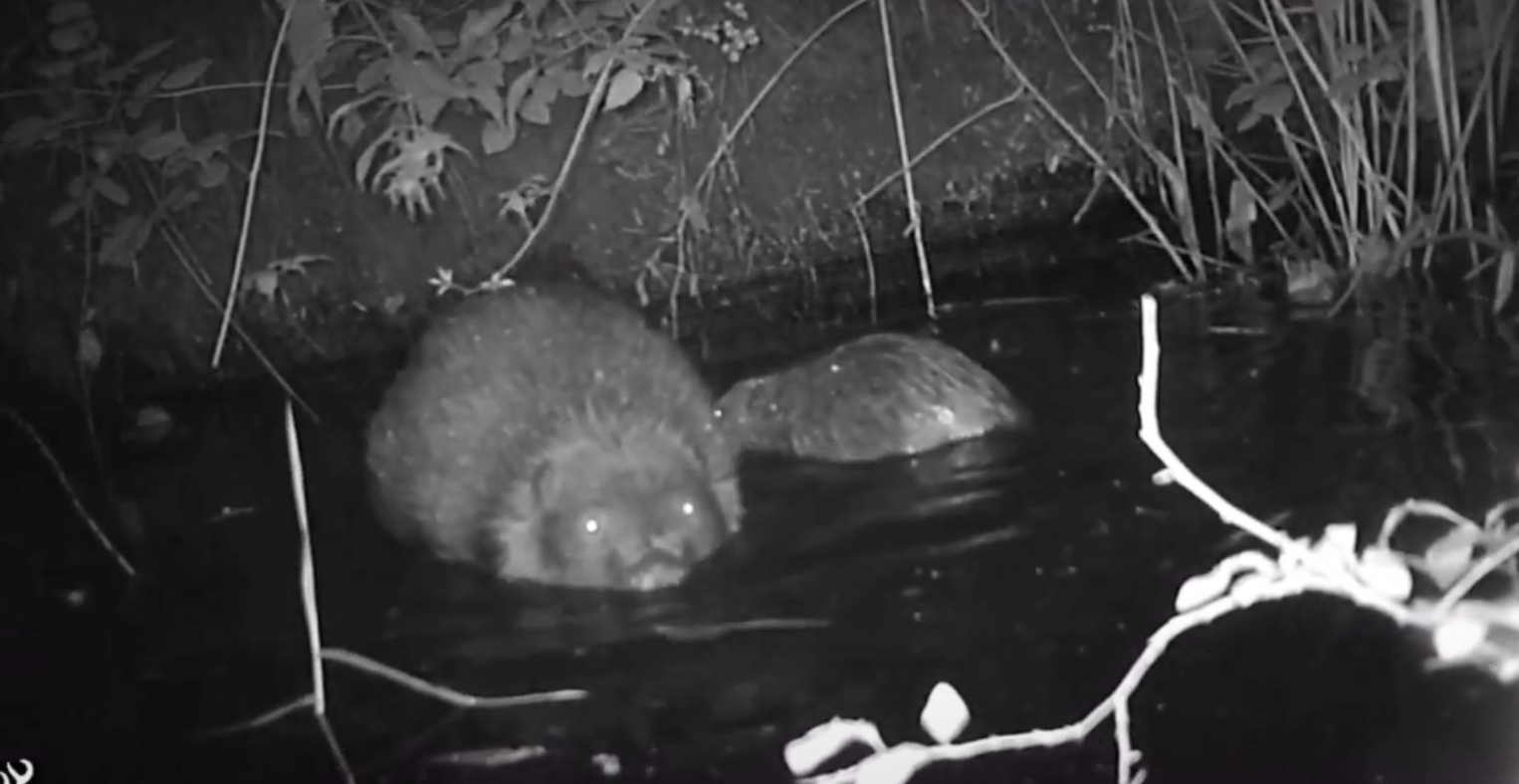Footage on hidden cameras confirmed what the team at Citizen Zoo had suspected: beavers had been born in London for the first time in 400 years. In the midst of “extreme excitement”, however, the small inner circle realised success depended on keeping the knowledge under wraps.
Since a historic family of wild beavers were introduced to London in September 2023, at the Paradise Fields reserve in west London, staff involved with the project hoped they would settle in enough to start mating.
- ‘Nature is slowly healing’: How rewilding is bringing Britain’s extinct species back from the dead
- Adventurer Aldo Kane on how climate change has ravaged the natural world – and who’s to blame
By late June, volunteers and members of the public brought piecemeal reports of small beavers accompanying the original contingent of mature mammals. Knowing beavers usually give birth in early June, the Ealing Beaver Project team set up cameras close to the lodge, where beavers give birth. It was mid-July before footage confirmed the birth of at least two “kits”.
“This was one of the major milestones we had in mind for the project. It shows they’re really thriving within that ecosystem,” said Ben Stockwell, a senior urban rewilding officer with Citizen Zoo, one of the organisations involved in bringing the beavers to London.
The births represented a landmark for rewilding in the capital, proof that nature can be brought back to the metropolis. It was the kind of news you can shout about. But in the tentative early days of life, when the kits needed to bed in, their existence was a secret. With a “reasonably high” mortality rate, Stockwell and his team did not want an influx of people looking for them.

A waiting game began as the excited staff left the baby beavers to their own devices. “We’re not interventionist. We are very happy to let things play out,” said Stockwell, adding emergency medical care would prompt action. “As far as we’re concerned, they are wild animals.”









